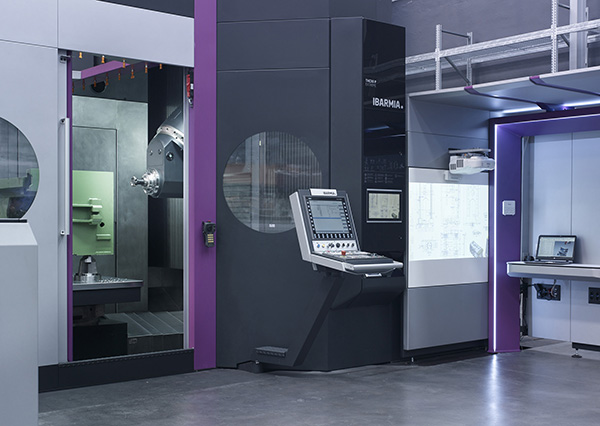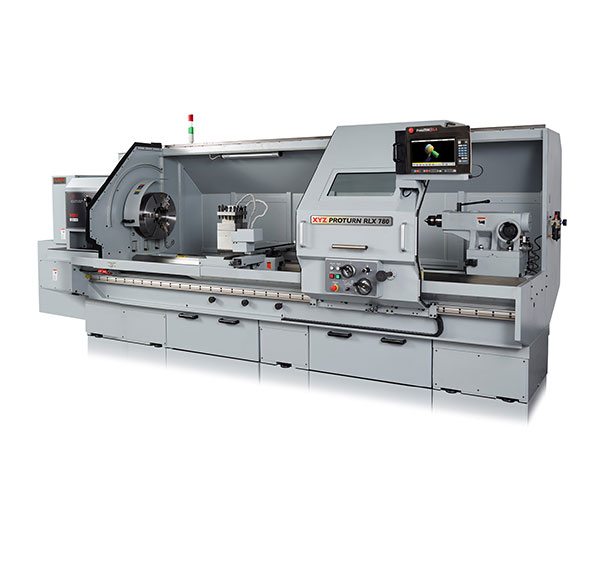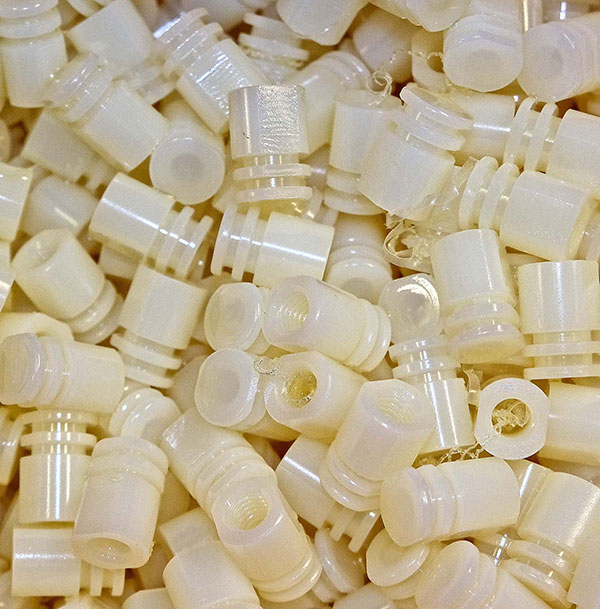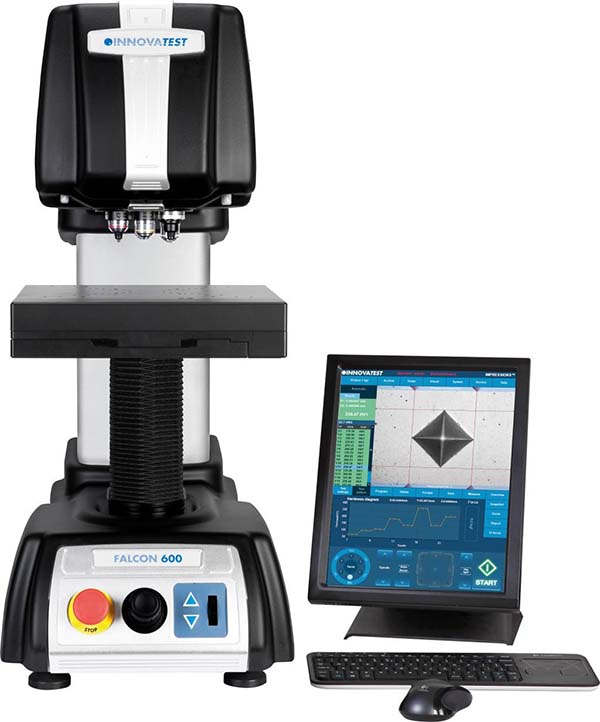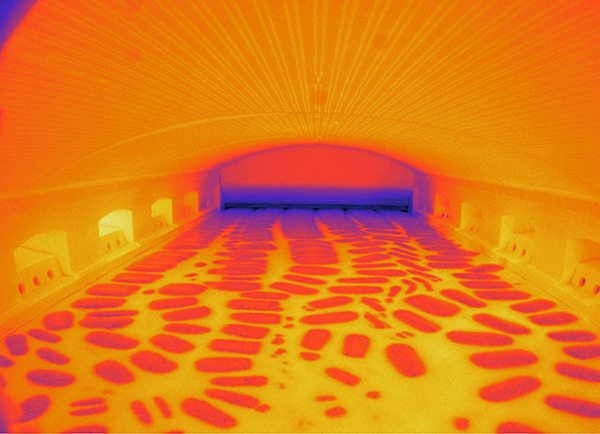Ibarmia’s range of five-axis travelling-column machining centres is now exclusively available in the UK from Dugard.

The partnership is the result of increased UK interest in machines of this type. “Through working with Dugard, engineers in the UK will have the opportunity to invest in the highest level of technology with the best local service support,” says Ignacio Mera, Ibarmia’s area sales manager for the UK. “We are excited to bring the success of our solutions to the UK and we are confident Dugard is the perfect partner.”
Adds Eric Dugard, managing director of Dugard: “With a full line up of three, four and five-axis travelling-column machines from 1.5 to 12 m capacity, featuring complete turning capabilities, the flexibility, capability and opportunities for UK manufacturers are evident. Built in the Basque region of Spain, an area renowned for its heavy-duty machine-tool building and innovation, the Ibarmia range will give Dugard and its customers machining capabilities and flexibility beyond that of anything else seen in the UK. As well as the travelling-column machines, Ibarmia has introduced a range of universal five-axis machines – the T-series.”
For further information www.dugard.com






